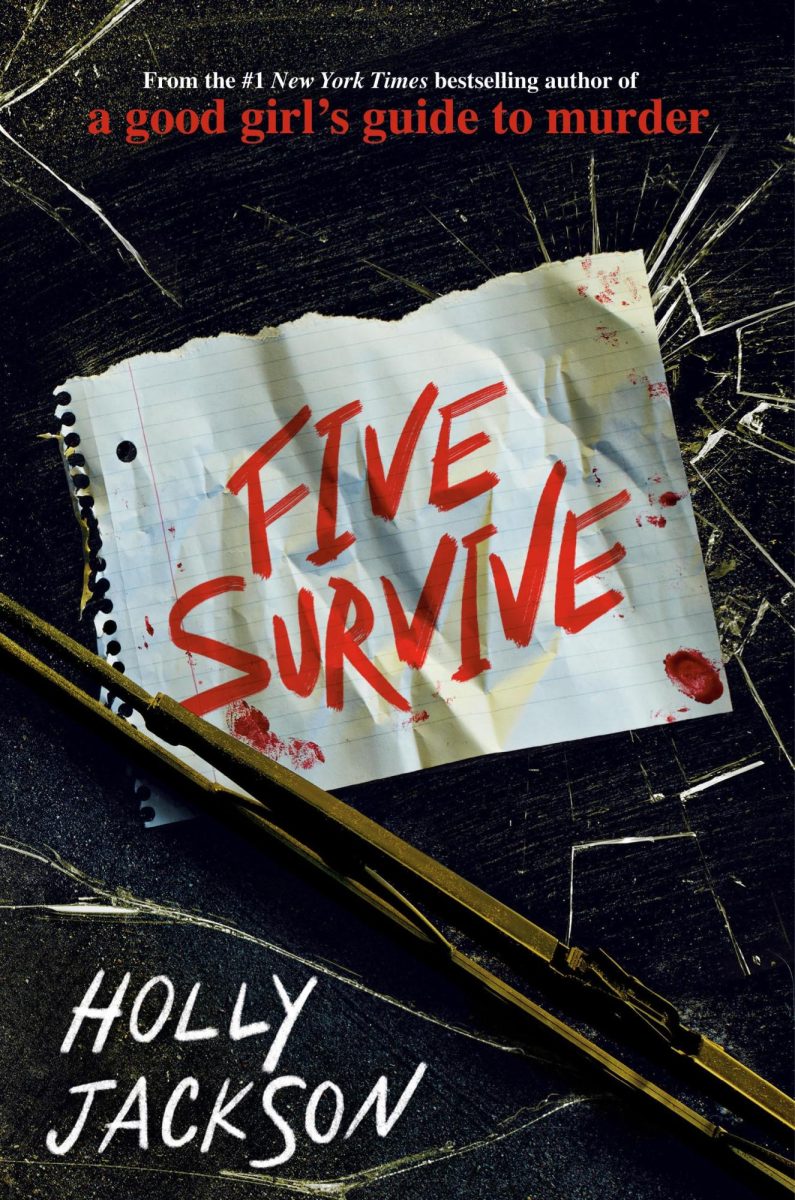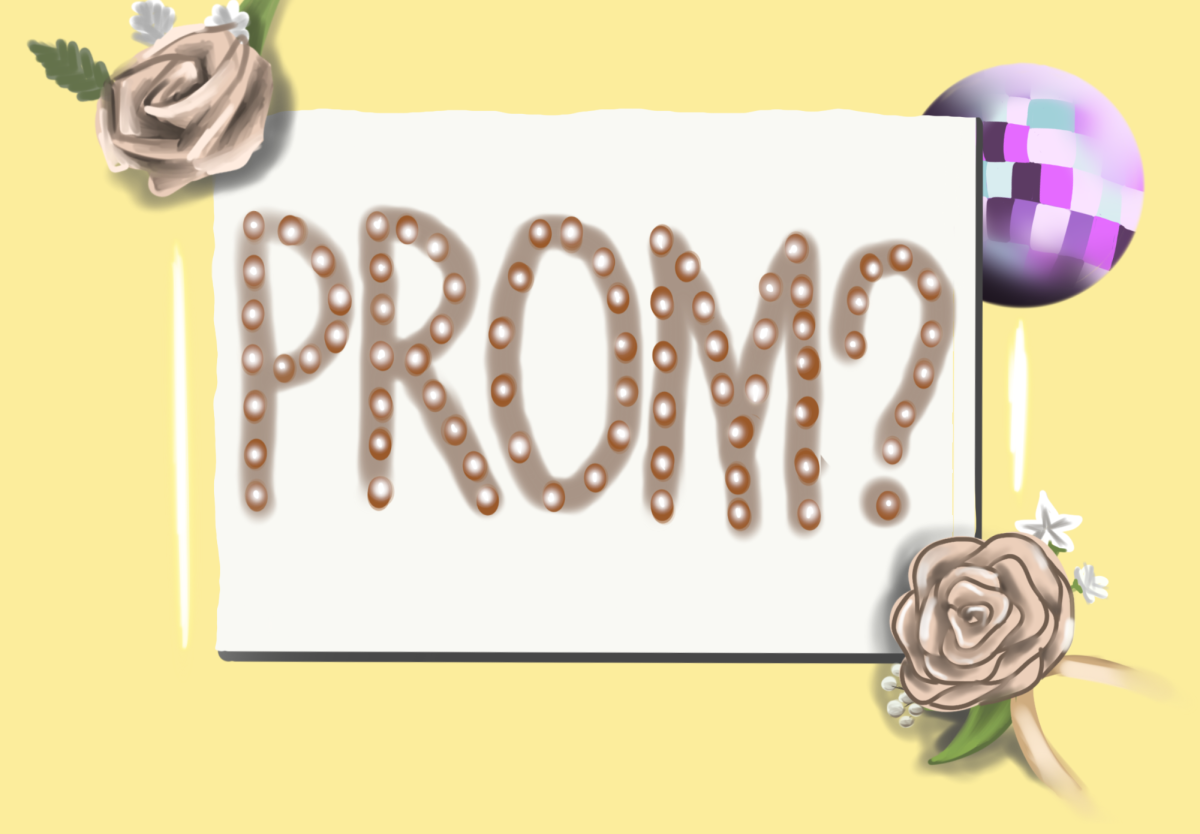Rap lyrics, fresh Jordans, and the politics of Black hair—these are just a few of the cultural touchpoints Angie Thomas seamlessly weaves into The Hate U Give, a novel that refuses to flinch from the complexities of race, identity, and power in America. I first picked up this book expecting it to be a “serious” read, something that felt more like a classroom discussion than a novel. But what I found was a story so deeply personal, so rich in detail, that it felt less like reading and more like stepping into someone else’s life.
At its heart, The Hate U Give is about sixteen-year-old Starr Carter, a girl who exists in two realities: Garden Heights, a working-class Black neighborhood, and Williamson Prep, the private school where she learns to blend in. Starr doesn’t just navigate these two spaces—she performs in them, adjusting her speech, her expressions, and even the way she reacts to things. This careful balance is shattered one night when Starr finds herself pulled over by a police officer. There are flashing lights, loud voices, and the sudden gut punch of fear. And then, there’s a gunshot.
What follows is not just the aftermath of a tragedy—it’s the unraveling of everything Starr thought she understood about safety, about truth, about who gets to tell a story, and whose voice is dismissed. She is the only witness to what happened that night, the only person who can speak for someone who can no longer speak for himself.
What makes The Hate U Give extraordinary is how deeply it roots itself in Starr’s life beyond this singular event. This isn’t just a novel about activism or injustice—it’s a novel about family, friendship, and the micro-decisions that shape identity. It’s about the inside jokes shared between siblings. It’s about the way Black parents give “the talk” to their kids, not about the birds and the bees, but about what to do when—not if—you’re stopped by the police. Angie Thomas writes with a precision that makes every moment feel lived-in. She doesn’t just describe Garden Heights—she builds it. The scent of fish at the family dinner table, the nervous excitement of a crowded house party, the too-bright, too-cold aisles of a corner store where everyone knows your name. Every detail feels intentional, not just to add realism but to underscore the novel’s deeper themes: how systemic inequality seeps into the spaces we call home, how community can be both a source of comfort and conflict, and how fierce love can exist in the face of injustice.
This novel does what the best stories do: it holds up a mirror. You don’t just read Starr’s experience—you feel it, whether you recognize pieces of yourself in her or find yourself confronting things you never had to consider before. It’s a book that doesn’t offer easy answers because there aren’t any. But it inspires you to try and go find them.
Five stars.
Categories:
Aanum’s Book Column – The Hate U Give
Aanum Khan ’26, Colummist
March 1, 2025





